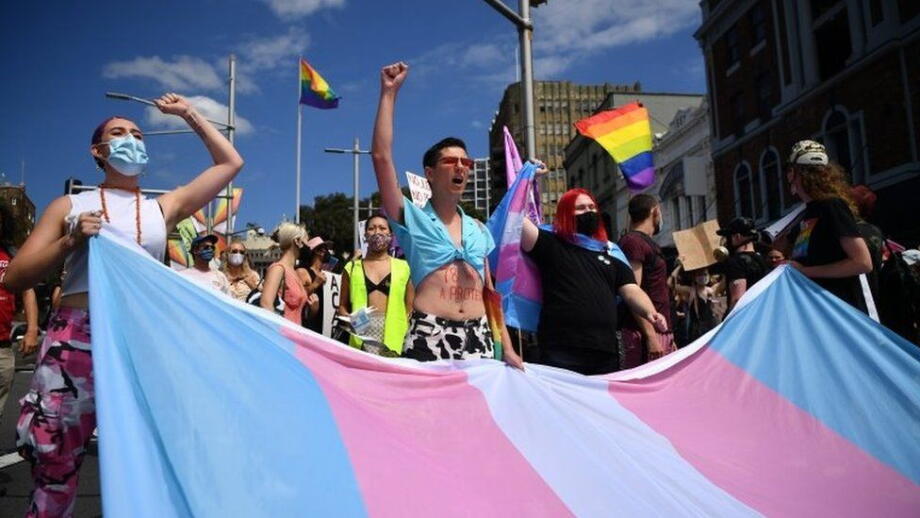In Short:
Access to Higher Education (HE) is based on the idea that all students should have the same opportunities, and that merit and hard work, regardless of students’ backgrounds (gender, ethnicity, class, etc), will lead to success. However, inequalities remain despite efforts to provide equal access to HE, raising questions about the validity of such a meritocratic approach
Key findings
Using qualitative analysis, we interviewed UK university students to understand their perceptions of meritocracy in Higher Education, and if and how students associated these perceptions with their gender and subjective socioeconomic status identity experiences.
Students’ perceptions could be described in two main ideas:
- The perceived commitment of their universities to meritocracy, and
- Their endorsement and rejection of meritocracy as an identity enhancement strategy.
Hence, both support and lack of support for meritocracy are strategies used by disadvantaged groups to navigate and cope with the lack of opportunities and socioeconomic disadvantages in HE.
Contact
Michelle Ryan
Director
Intersectionality & identity, Leadership & the Glass Cliff, Relationships & the care economy, The workplace & working lives
You may also like
Sex wars and TERF wars
An increasing number of people identify as feminists, but there is disagreement about whom and what feminism should be fighting for.
Gender expectations, socioeconomic inequalities and definitions of career success
Higher Education is generally regarded as a pathway to career opportunities, and research shows that students' expectations of their career success while they are studying are an important…
"Fitting in whilst standing out"
Professional British women of African, Asian, and Caribbean ethnicities contend with unique challenges and experiences in the workplace. These challenges are often due to experiences that occur at…




